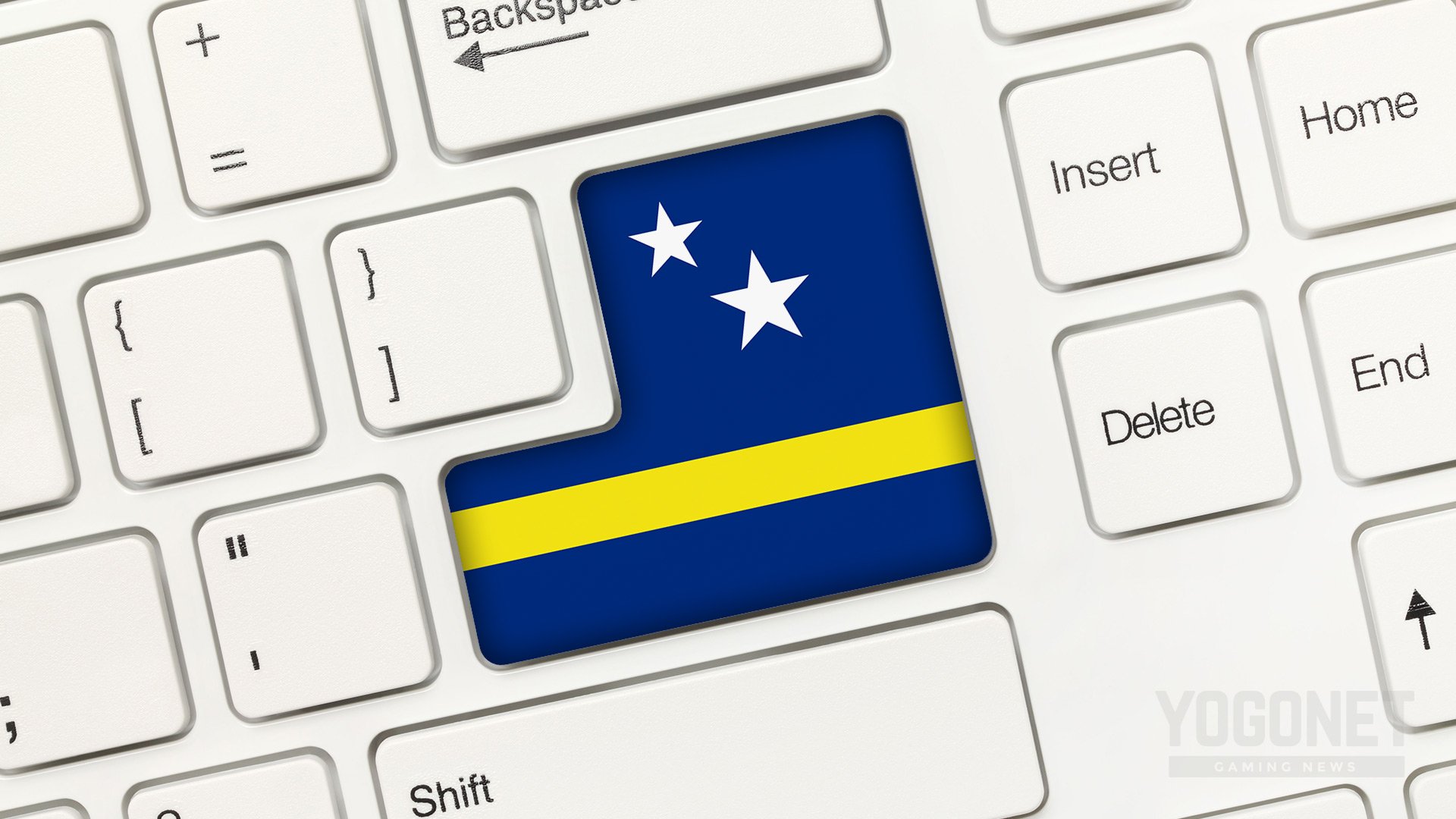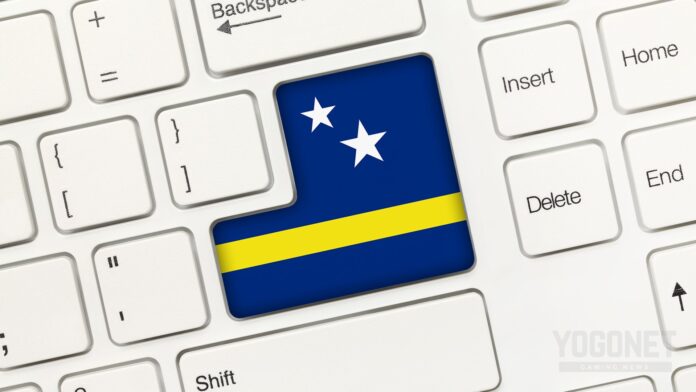
In this column, iGaming industry consultant Ron Mendelson, Fast Offshore, explores the changes to be introduced in Curacao’s forthcoming licensing regime.
Curacao has been a longstanding player in the online gaming industry, offering offshore iGaming licenses to operators worldwide. Over the years, the regulatory landscape in Curacao has undergone significant changes, with a transition from the Netherlands Antilles Online Gambling Ordinance (NOOGH) to the impending Curacao Gaming Control Board Act (LOK). This has caused a period of uncertainty in the sector with many companies jumping ship, but as we move into 2024, this are becoming clearer and much more stable. Overall, the changes will enhance the jurisdictions regulatory framework, ensuring a more robust and transparent environment for operators.
NOOGH and the Sublicense System
Established in 1996, the NOOGH laid the foundation for Curacao’s iGaming licensing system. Under this regime, the Master License was granted by the Ministry of Justice, allowing operators to sublicense their services to operators.
However, the sublicense system had its drawbacks, leading to a lack of clarity and transparency in the regulatory process. Critics argued that it allowed for a lax approach to oversight, potentially exposing the industry to risks related to money laundering, fraud, and other illicit activities. In response to these concerns, Curacao decided to overhaul its licensing system.
Phasing Out the Sublicense System
Recognizing the need for a more robust regulatory approach, Curacao initiated the phasing out of the sublicense system. The transition aimed to centralize control and enhance the overall integrity of the iGaming industry. As a part of this process, operators holding sublicenses were given a grace period to adjust to the changing landscape and transfer to the new system. This process was not so smooth, however, with delays and uncertainty due to legislative processes, causing disquet with operators who were unsure what the new system would mean for them. This resulted in a situation where some operators opted to get licensed in Kahanawake or Anjouan, instead of Curacao.
The authorities however, insist the decision to phase out the sublicense system reflects Curacao’s commitment to align with international standards for online gaming regulation. By doing away with the decentralized structure, the authorities aimed to establish a more streamlined and accountable licensing process.
NOOGH in Action
As the sublicense system was gradually phased out, the industry continued to operate under the NOOGH. The Ministry of Justice continued to issue Master Licenses, providing a legal framework for iGaming operators. During this interim period, the focus was on enforcing existing regulations while laying the groundwork for the imminent transition to the new regulatory framework.
The NOOGH ensured that operators adhered to basic requirements, such as player protection, fair gaming practices, and anti-money laundering measures.
The New Era: Curacao Gaming Control Board Act (LOK)
The culmination of Curacao’s efforts to modernize its iGaming regulatory framework is the Curacao Gaming Control Board Act, commonly known as LOK. This new legislation, which is set to replace NOOGH, is designed to address the shortcomings of the previous system and elevate Curacao’s standing as a reputable jurisdiction for iGaming operators.
LOK introduces a more stringent licensing process, emphasizing transparency, accountability, and responsible gaming practices. Under LOK, operators will be subject to thorough due diligence checks, ensuring that only those meeting the highest standards are granted licenses. The act also includes provisions for the protection of players, with measures in place to prevent problem gambling and ensure fair treatment of consumers.
Key Features of LOK
a. Centralized Control: LOK centralizes control under the Curacao Gaming Control Board, which will oversee the entire licensing process. This move is intended to eliminate the fragmentation associated with the sublicense system, fostering a more cohesive regulatory environment.
b. Enhanced Due Diligence: The new legislation places a strong emphasis on due diligence, requiring operators to undergo rigorous checks before being granted a license. This includes financial stability assessments, background checks, and a thorough evaluation of the operator’s ability to adhere to the regulatory requirements.
c. Responsible Gaming Measures: LOK introduces comprehensive measures to address responsible gaming concerns, including the implementation of self-exclusion programs, age verification, and support for individuals facing gambling-related issues.
d. Revamped Enforcement: The new act outlines robust enforcement mechanisms, empowering authorities to take swift and decisive action against operators that fail to comply with the established regulations. This includes penalties for non-compliance, ensuring that operators operate within the bounds of the law.
Challenges and Opportunities
While the transition from NOOGH to LOK represents a positive step toward a more regulated and accountable iGaming industry in Curacao, challenges are inevitable. Operators may face an adjustment period as they align their practices with the new regulatory requirements. However, these challenges also present opportunities for operators to distinguish themselves by demonstrating a commitment to compliance and responsible gaming.
Furthermore, the enhanced reputation of Curacao as a licensing jurisdiction under LOK may attract a more discerning clientele. iGaming operators who prioritize transparency, integrity, and player protection are likely to thrive in this evolving landscape.
Furthermore, at the time of writing, the new bill is yet to be passed and MPs have raised a number of concerns about it. These include the robustness of the regulator and whether the LOK complies with the Financial Action Task Force’s AML recommendations from 2012. The government’s Advisory Body which reviews all pending legislation urged lawmakers not to pass the bill in its current form.
Global Implications
Curacao’s transformation in iGaming regulation is not only significant for the island but also has global implications. As the industry becomes increasingly interconnected, regulatory changes in one jurisdiction can influence practices and standards worldwide. Curacao’s commitment to raising the bar for iGaming regulation sets a precedent for other jurisdictions to reassess and strengthen their own regulatory frameworks.
Conclusion
The journey from the NOOGH to the impending LOK marks a transformative period for Curacao’s iGaming industry. The decision to phase out the sublicense system, operate under the NOOGH, and subsequently introduce the LOK demonstrates a commitment to adaptability and responsiveness to the evolving needs of the global iGaming landscape. But with questions still remaining and a number of legislative hurdles still to overcome, nothing is set in stone. If you are in Curacao or are interested in a Curacao license and have questions, contact Fast Offshore. We can guide and advise you, or provide information on other jurisdictions that could provide a viable alternative for your licensing needs.
Original article: https://www.yogonet.com/international/noticias/2024/01/17/70445-curacao-and-its-forthcoming-licensing-regime-trials-and-tribulations














